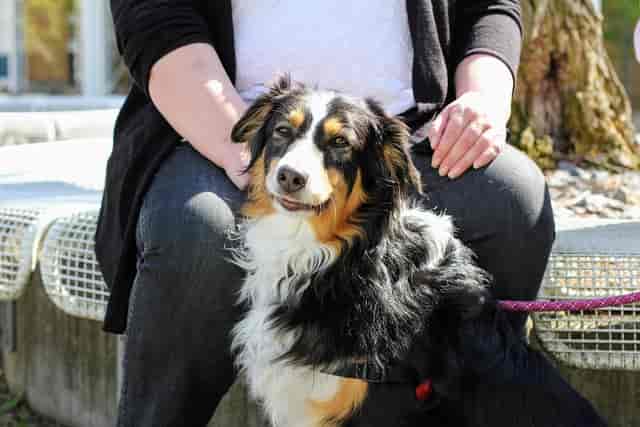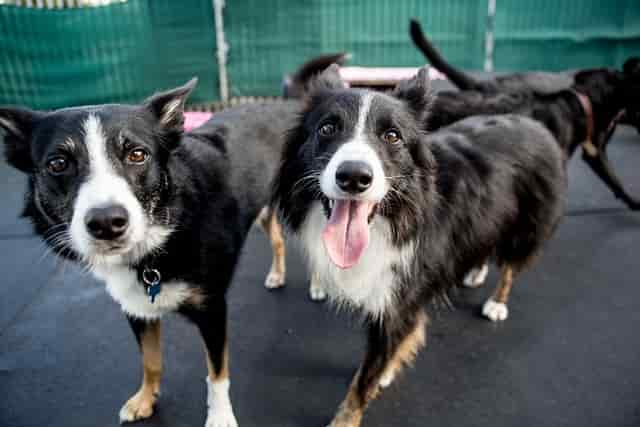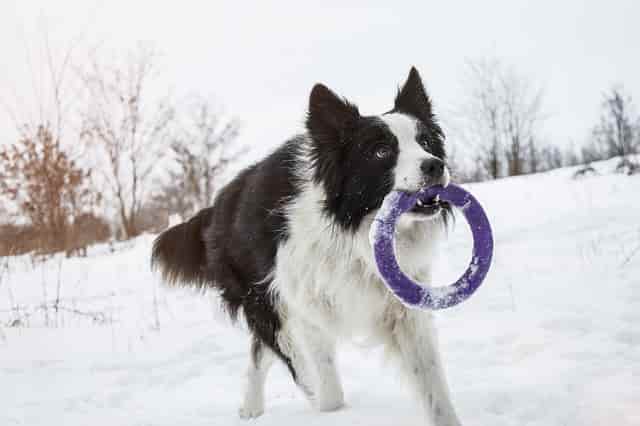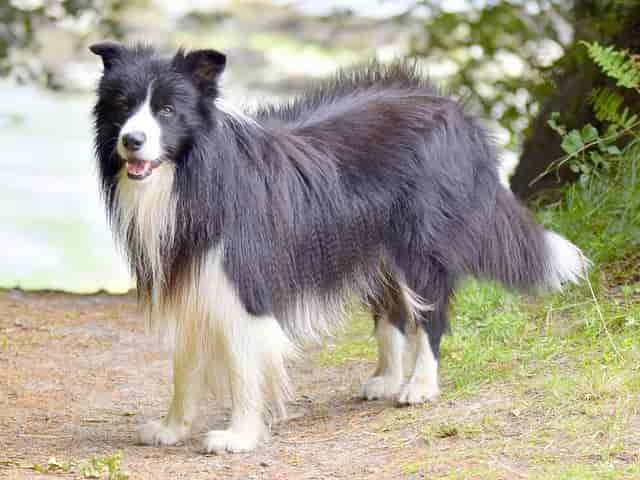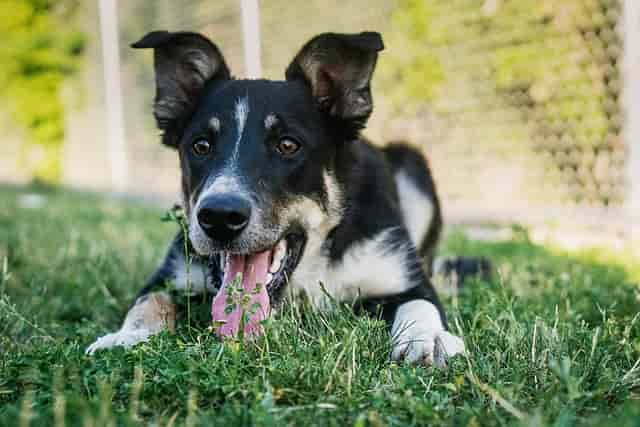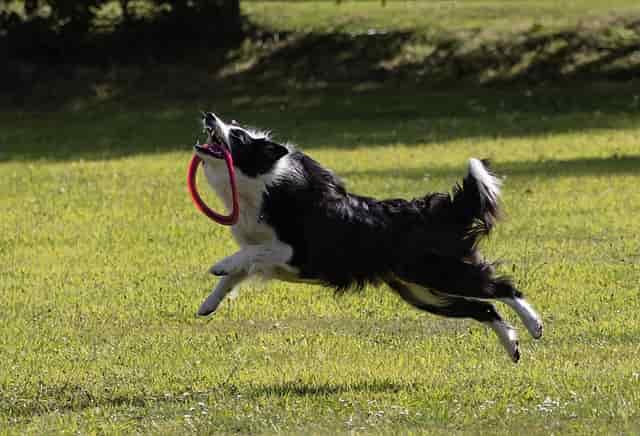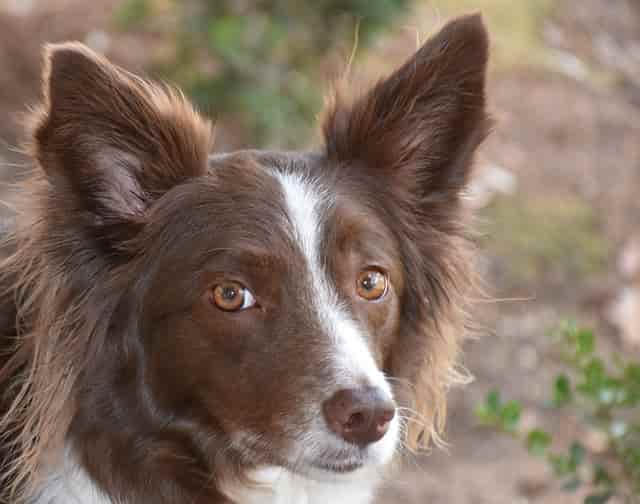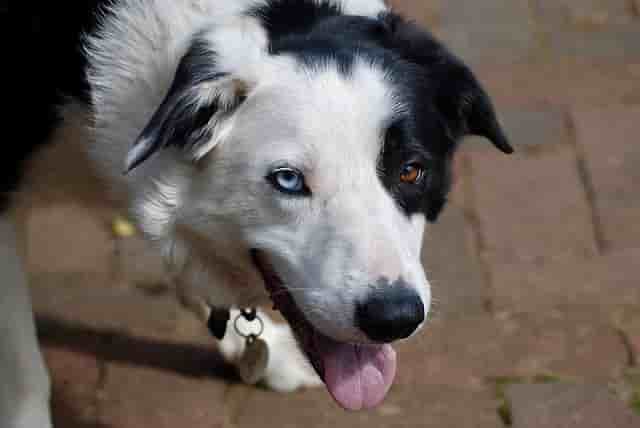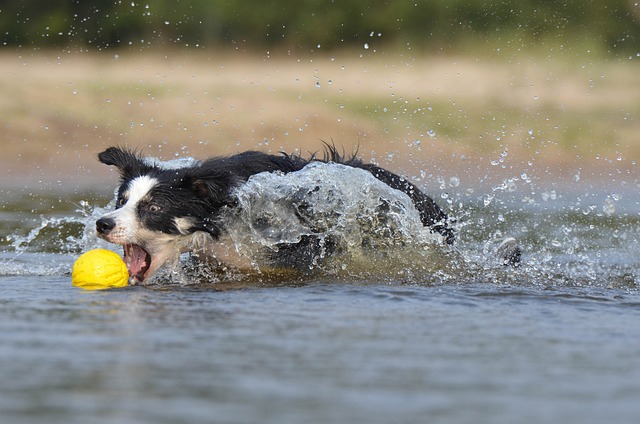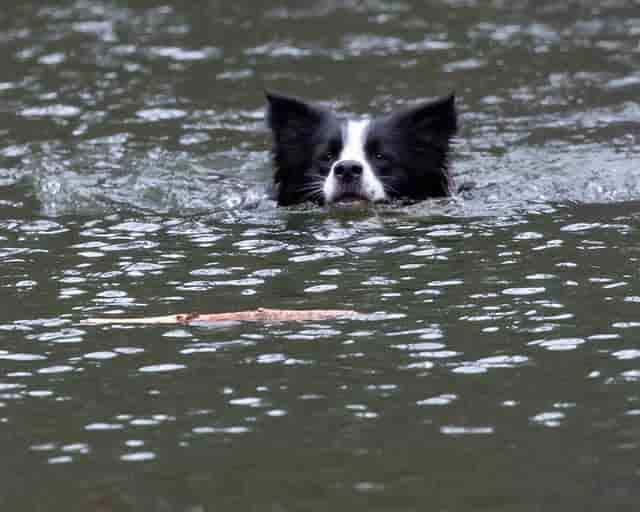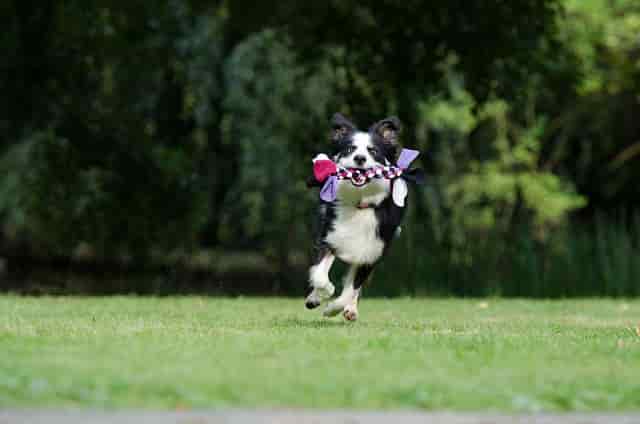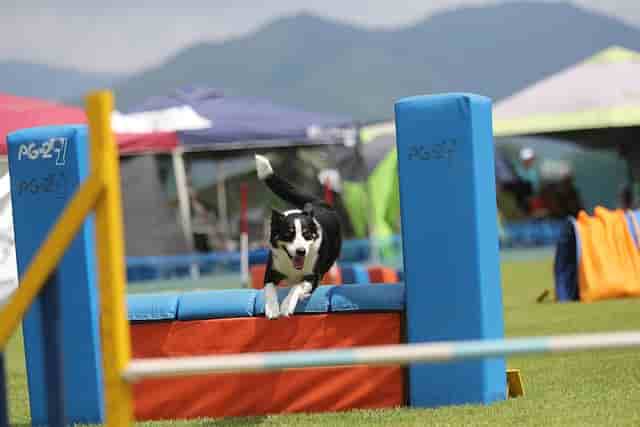
While Border Collies do not have fully webbed feet like some other breeds, they do have some webbing between their toes. This webbing can provide several benefits, such as improved swimming ability and better traction on uneven terrain.
Key Takeaways
- Border Collies do have some webbing between their toes, which can provide several benefits.
- The amount of webbing can vary within the breed
- Understanding the role of webbed feet in Border Collies can help owners better care for and appreciate their pets.

Border Collies and Webbed Feet
What are Webbed Feet?
Webbed feet are a physical characteristic found in certain animals, including some dog breeds. Webbed feet refer to the presence of skin between the toes that connects them, creating a sort of membrane or webbing. This characteristic is particularly useful for animals that spend a lot of time in water, as it helps them swim more efficiently.
Do Border Collies Have Webbed Feet?
Border Collies do not have fully webbed feet like some other dog breeds, such as Labrador Retrievers. However, they do have some webbing between their toes, which helps them maintain steady footing on soft surfaces like mud. This minimal webbing is a normal part of their genetic makeup and is present in all Border Collies.
Advantages of Webbed Feet
Webbed feet can be advantageous for dogs, especially those that work on farms or in water. The webbing between the toes helps dogs swim more efficiently, making them better at tasks like retrieving waterfowl or herding sheep that need to cross streams or wet fields. The webbing can also provide better traction on soft surfaces, allowing dogs to run faster and more confidently.
Disadvantages of Webbed Feet
While webbed feet can be advantageous, they can also pose some disadvantages. The webbing can trap debris like mud, sand, and grass, which can lead to infections or skin irritation. Additionally, dogs with webbed feet may require more frequent cleaning and care to prevent these issues.
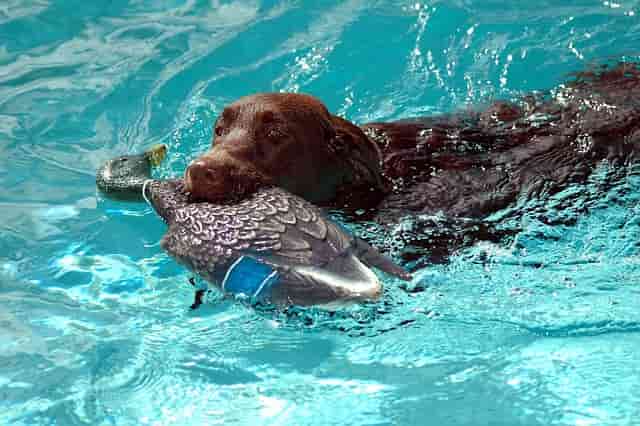
Other Breeds with Webbed Feet
Border Collies are not the only dog breed with webbed feet. Other breeds with webbed feet include Labrador Retrievers, Portuguese Water Dogs, and Newfoundlands. These breeds were selectively bred for their ability to work in water and have fully webbed feet, which resemble flippers or boat paddles.
Frequently Asked Questions
What breeds of dogs have webbed feet?
Several breeds of dogs have webbed feet, including the Newfoundland, Labrador Retriever, Portuguese Water Dog, Otterhound, and many others. Webbed feet are a common trait in dogs that were bred for water-related tasks, such as hunting and retrieving.
Do Golden Retrievers have webbed feet?
Yes, Golden Retrievers have webbed feet. They were originally bred for hunting and retrieving waterfowl, so webbed feet help them swim more efficiently.
Do Huskies have webbed feet?
No, Huskies do not have webbed feet. They were bred for pulling sleds over snow and ice, so their paws are adapted for traction on slippery surfaces.
Why do some dogs have webbed feet?
Dogs with webbed feet have them because they were bred for tasks that involve swimming or traversing wet terrain. The webbing between their toes helps them swim more efficiently and provides better traction on slippery surfaces.
Are Border Collies known for having webbed feet?
Border Collies have minimal webbing between their toes, but it is not as prominent as in some other breeds. They were bred for herding livestock, not for water-related tasks, so their paws are adapted for running and changing direction quickly.
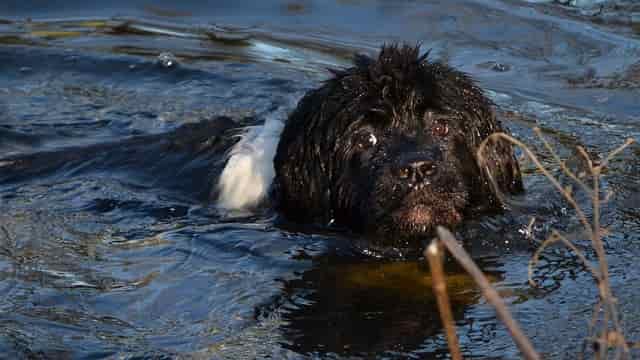
Do some dog breeds use their webbed feet for swimming?
Yes, many dog breeds use their webbed feet for swimming. Breeds such as the Labrador Retriever, Newfoundland, and Portuguese Water Dog were specifically bred for water-related tasks, and their webbed feet help them swim more efficiently. Other breeds, such as the Golden Retriever and the Irish Setter, also have webbed feet and enjoy swimming.
Are Border Collies Good With Kids?
Yes, Border Collies can be good with kids if they are socialized and trained properly. They are known for their intelligence, loyalty, and energy, which can make them great companions for children. However, it’s important to note that Border Collies have a high energy level and require a lot of exercise and mental stimulation. They also have a strong herding instinct, which can sometimes be mistaken as nipping behavior. Therefore, it’s important to supervise interactions between children and Border Collies and provide proper training and socialization to ensure a positive relationship.

